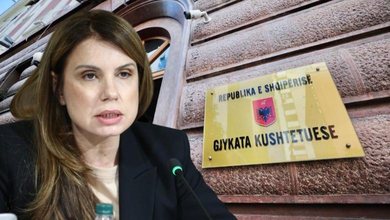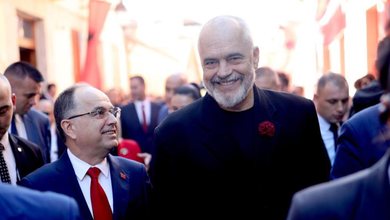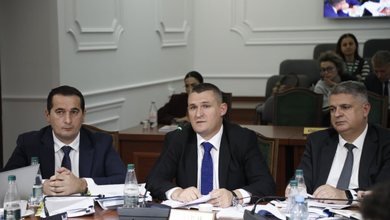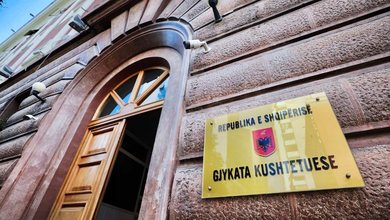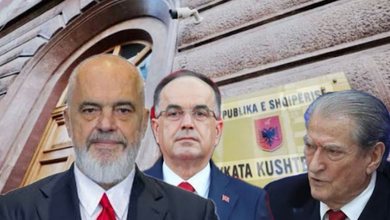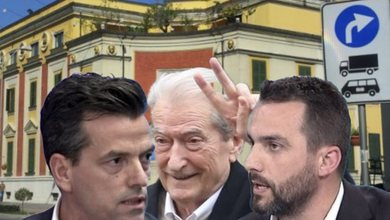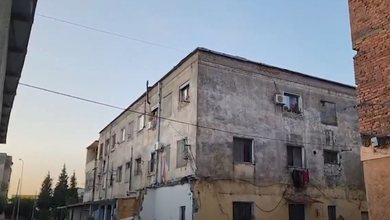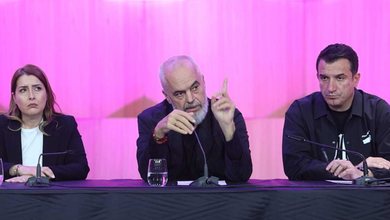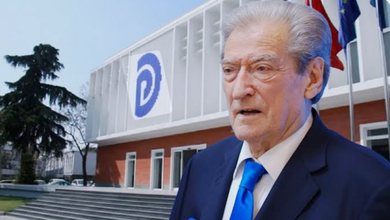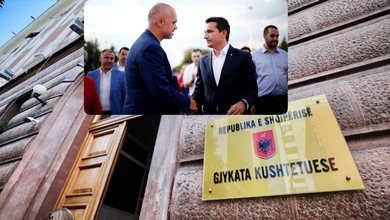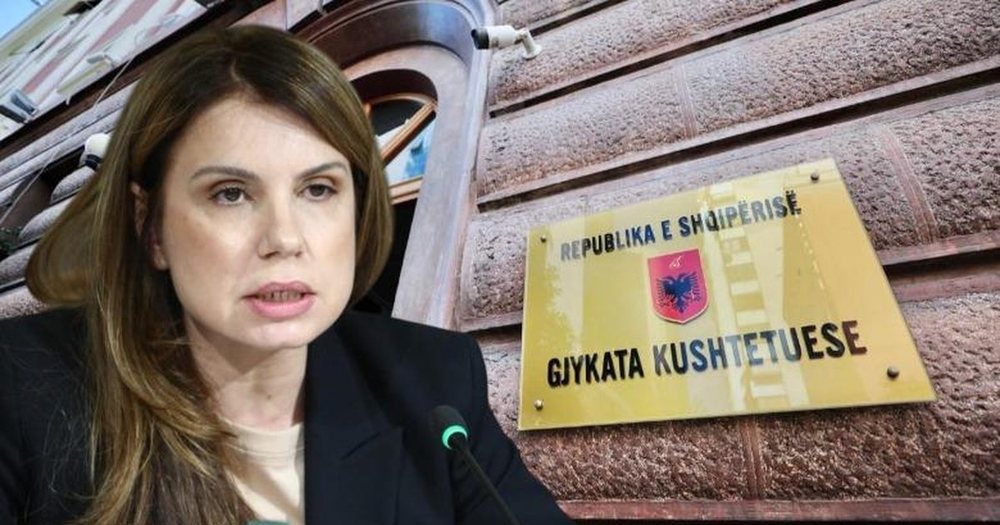
By Desada Metaj
The Constitutional Court has decided today to proceed to a court session on November 11th with the request of Naureda Llagami, who opposes the process conducted in the High Court for her election as a member of the Constitutional Court.
This decision means that the case will be examined on its merits, that is, it will be assessed how well-founded Ms. Llagami's claims are, for violations by the Supreme Court Assembly. Meanwhile, the process of decreeing the elected member Asim Vokshi is suspended by the President of the Republic. No legal reason prevents Mr. Begaj from proceeding with the decree, now almost 20 days from the day the documents arrived from the Supreme Court.
Apparently, the plan for the President to keep Asim Vokshi's decree suspended while Ms. Llagami opens a legal process is working. Now, even though the President has not had and does not have any reason that prevents him from decreeing Asim Vokshi, he will most likely try to justify the "delay" with the existence of "a legal process in the GJK by the challenger Llagami", until the final decision is given.
There are two blatant issues in this constitutional conspiracy, where several authorities are involved: first, Mr. Vokshi has neither been summoned to the trial, nor can he be heard, since he is directly interested in the fate of this process. Second, and even more blatant and discrediting for what is happening, is the fact that part of the trial in the CC is also Ms. Holta Zaçe, whose place is being sought to be replaced — a clear and open conflict of interest.
It is easy to understand that Ms. Zaçe's interest is to delay the days in the Court until her replacement member is decreed by the President of the Republic. And for this reason, her interest is that the Vokshi/Llagami case enters a judicial spiral that takes time to close, thus making it continue to be part of the CC's trials.
Ultimately, what is happening in this story no longer has anything to do with justice, but with the art of holding the chair. Instead of an institution that protects the Constitution, we have a court that revolves around personal interests, a president who “waits” to not act, and a system that calls this suspension a “process.” Albania seems to have invented a new form of institutional stability: when everyone is in a conflict of interest, no one has any interest in resolving it.


